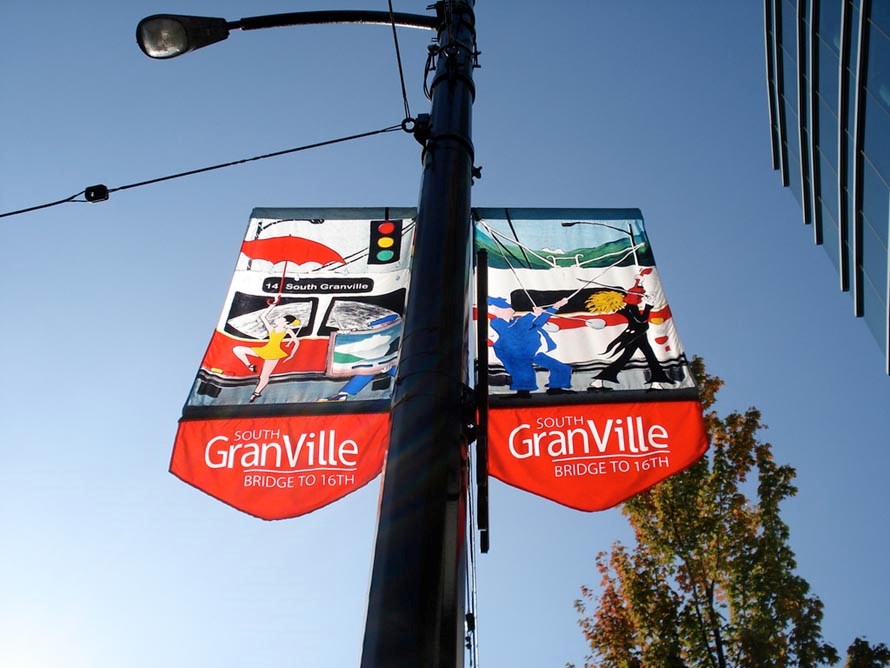Among the many side effects of sky-high property prices in this city, one of the major ones has been increasing property taxes.
Most of us are aware that property taxes are based on a mill rate being applied to a property’s assessed value, and a property’s assessed value is based on recent selling prices for it and similar properties in its area. BC Assessment simply tracks actual property selling prices (plus takes into account other variables such as location, size, improvements, variation up or down from the area’s average etc.) and arrives at their updated assessed value each July 1. And that new assessed value is the basis for the property tax payable on that property.
This process applies to both residential and commercial properties – however, for a tenant of each, there is a major difference in how that assessment/tax process affects them.
Residential vs. commercial leases
First, a little primer on leases.
A residential lease generally contains two major differences from a commercial lease. Firstly, a residential lease is usually a “gross” lease. In other words, the rent the tenant pays for the term of the agreement is an all-in figure regardless of what the landlord’s costs are or how they may fluctuate.
However, a commercial lease is usually a ‘”net” or “care-free” agreement, meaning that the tenant pays a basic rent figure per square foot per annum for the space, plus an additional per-square-foot amount for its portion of the landlord’s overall property taxes, insurance and maintenance costs on the property (hence most commercial leases are termed “triple-net” and are “care-free” to the landlord). Even if a set basic rent figure (or annual escalating figure) has been negotiated between the parties for a multi-year term, the landlord has the right to increase the triple-net figure each year based on its actual tax/insurance/maintenance costs.
The second major difference between a residential and a commercial lease is legal. Like most other Canadian provinces, B.C. has a Residential Tenancy Act to protect tenants’ rights, plus it has rent controls that are tied to the Cost of Living Index. So, when a residential rental agreement is entered into between landlord and tenant, the landlord has certain legal restrictions placed on it that keep it from unduly raising rents based on increases in its costs (such as strata fee increases) during the lease term.
No such restrictions exist on commercial landlords. Yes, they must abide by the terms of their lease agreement – however, most agreements allow for additional (triple-net) rent increases on an annual basis, whether the basic rent increases or not.
Sky-high rents pushing out businesses
So now we know that commercial landlords can pass on their annual property tax (and other cost) increases to their tenants. We also know that, along with residential values, commercial property values are also skyrocketing (plus we have a dearth of commercially zoned land in Vancouver, which exacerbates this situation).
Let’s take some real-world examples: South Granville, from the south end of the bridge right up to 16th Avenue – much of this strip used to be “Gallery Row”. Many of these one-off, eclectic, interesting shops have now given way to the only businesses that can afford the rents there – the chains. This strip is morphing from charismatic to cookie-cutter.
Many of South Granville’s galleries, antique stores and one-off, boutique businesses have migrated to such newly developed areas as Great Northern Way, which has utterly transformed in the last few years. Other hot retail/restaurant strips such as Denman Street and West 4th Avenue have also seen rents skyrocket and a good deal of those increases have been as a result of property tax hikes being passed on to tenants. And some substantial one-off retailers on downtown streets like Homer have also packed up and left (often for areas such as Burnaby) for the same reason.
Between bike lanes restricting parking for would-be customers and property taxes squeezing costs, it’s a fight to stay alive for many retailers downtown right now. But still, try to find alternative retail space to lease! (And the landlords aren’t selling...)



